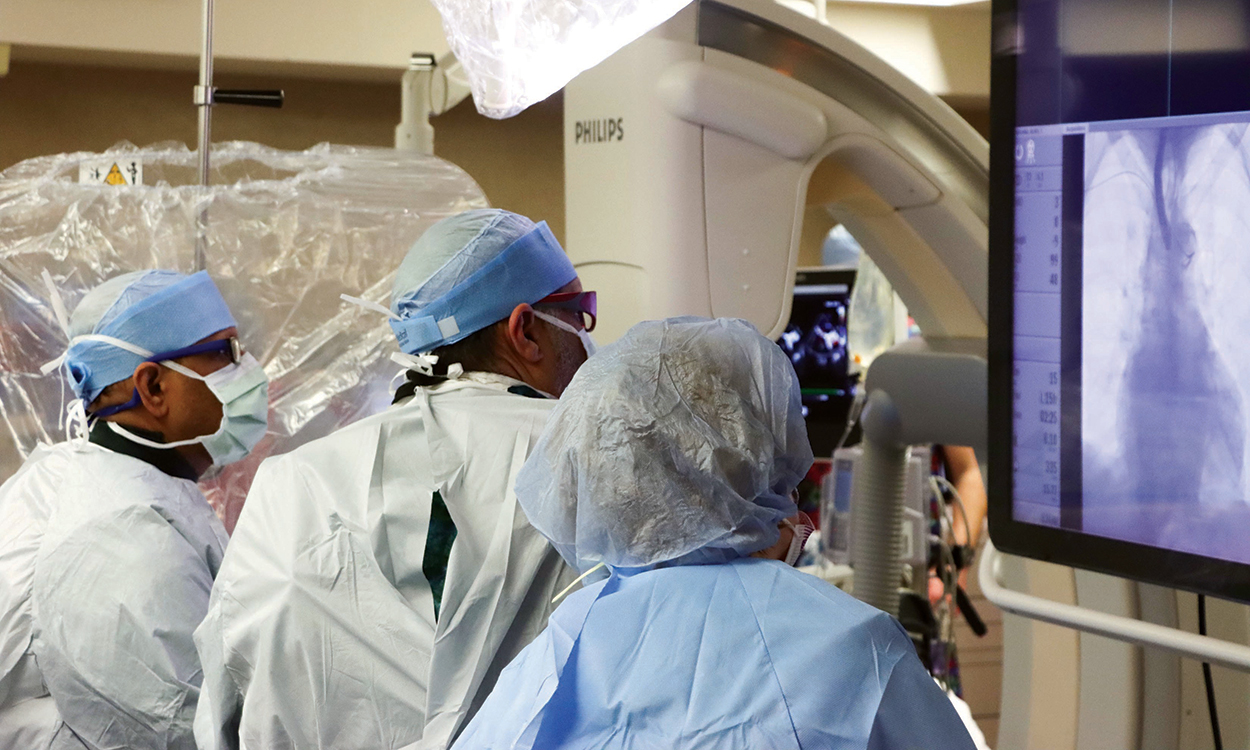Heart break is real. In fact, it’s an actual cardiac condition. Many of us associate the image with a heart cracked in half, but it is a lot more technical than that. Broken heart syndrome, also known as stress cardiomyopathy or Takotsubo cardiomyopathy, impacts the bottom chambers of the heart – temporarily disrupting the heart’s normal pumping function to the rest of the body.
“In broken heart syndrome, the bottom chambers of the heart are not moving well,” said Dr. Brian Loc, cardiologist at Medical Associates Clinic. “This can occur with emotional stress, such as the death of a loved one. Physical stress such as cancer, traumatic injuries, severe infections, or anything that puts a large strain on the body. Our heart can become over-stressed and stop working well.”
Broken heart syndrome, in many ways, mimics a heart attack. It can be difficult for patients and doctors to tell the two apart. Symptoms such as: sudden onset chest pain, shortness of breath, lightheadedness, or even passing out can occur.
“When a patient comes to the emergency department, the EKG may show changes concerning for a heart attack,” said Dr. Loc. “When doctors check the blood, heart enzymes will be elevated similar for both conditions. Even ultrasound imaging may not distinguish between them. The only way to diagnose in most cases is a procedure known as a left heart catheterization or coronary angiogram.”
Typically broken heart syndrome occurs only with severe stressors and usually only once. Healing your heart involves medications and lowering stressful factors such as blood pressure. Most of the time, full recovery occurs within 8-12 weeks as long as the initial emotional or physical stress has resolved. In severe cases when the heart is severely injured, doctors may place heart pumps to support the heart while it recovers. While it is uncommon, Dr. Loc said about 2-3% of patients can die from a broken heart.
Dr. Loc said it is important to pay attention to your body. If you are having new chest pain or shortness of breath, may sure you seek evaluation with your doctor. If symptoms are severe don’t hesitate to be evaluated at your nearest emergency department.





Comment here